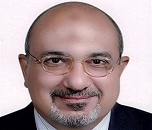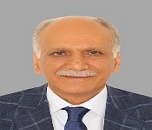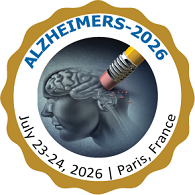Renowned Speakers

Timothy Miller
Washington University School of Medicine in St. Louis USA

Kalliopi Megari
Aristotle University of Thessaloniki Greece

Sybille Krauss
Deutsches Zentrum Neurodegenerative Erkrankungen, Germany

Jun Liu
Sun Yat-sen University China

Henne Holstege
Amsterdam UMC Netherlands

Ana Beato
University Lusófona, Portugal

Maged El Setouhy
Ain Shams University Egypt

Ahmed M Al-Ansari
Arabian Gulf University, Bahrain
Recommended Global Neuroscience Webinars & Conferences
Asia Pacific & Middle East
Canada
Alzheimers-2026
To Collaborate Scientific Professionals around the World
Conference Date July 23-24, 2026
For Sponsors & Exhibitors
Speaker Opportunity
Useful Links
Past Conference Report
Supported By
All accepted abstracts will be published in respective Conference Series International Journals.
Abstracts will be provided with Digital Object Identifier by



